Transmission
@aerosociety | www.aerosociety.com | LinkedIn | Facebook
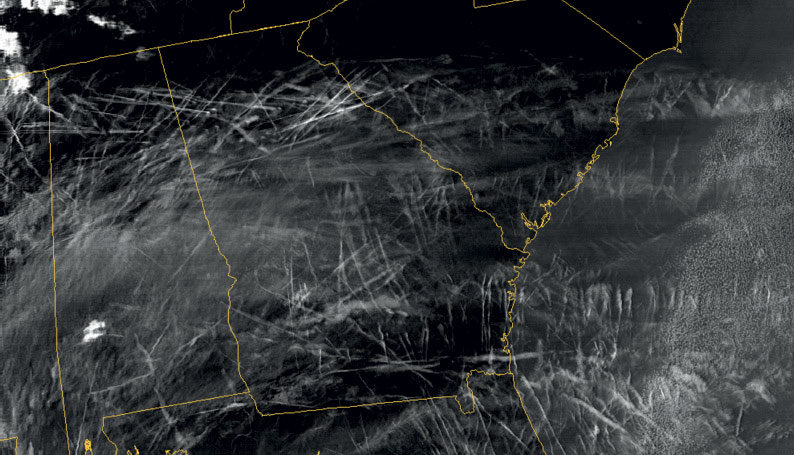 Louis Nguyen, NASA Langley
Louis Nguyen, NASA Langley
Hydrogen as a fuel is currently being lauded as the long-term solution to aircraft engine emissions and carbon reduction.
Two queries.
Firstly, is it correct that the only constituent of hydrogen – whatever its 'colour’ - fuelled aircraft engine emissions would simply be water vapour?
Secondly, condensation trail generation has been cited as a major contributor by aviation to global warning. The trails are caused by the water vapour content of the engine exhaust emissions.
Therefore with the use of hydrogen as a fuel would this actually worsen this phenomena? A scientist’s, rather than a politician’s, answer would be appreciated.
Richard Lambert
FRAeS
Dr R E Joslin’s otherwise excellent article (Remote Control) in the November 2021 AEROSPACE(1) misses one critical point. The concept of ‘shared fate’ does not work, simply because the fate of the aircraft and the remote pilot are not shared.
Remote pilots do not have ‘skin in the game’.
Joslin’s analysis of uncrewed aircraft accidents highlights the point that any airline pilot will tell you: no matter how high-fidelity the simulator, the simple fact remains that you are not going to die as the result of mishandling a simulator.
The same is true of remote aircraft. You cannot recreate the psychological involvement of facing a potentially life-threatening situation in a real aircraft.
The problems do not end there for single pilot operations. Startle effect is likely to be more pronounced than for the in-situ pilot, due to the absence of other non-visual cues, particularly noise and ‘feel’. This may be compounded by the fact that a remote pilot is likely to have to be monitoring more than one aircraft. After all, the savings in replacing an airborne pilot with a ground-based one are small.
Murphy has a way of ensuring the remote pilot will have to deal with two, or more, problems simultaneously. Automation may go some way to helping but we cannot automate the unexpected.
It has been shown time and again that we cannot anticipate all potential outcomes, so we still have a long way to go if commercial aviation is to retain its current level of safety with single pilot, or even no pilot, operations.
Capt Andy Greig
MRAeS
 AeS/NAL
AeS/NAL
The first Salon Aeronautique at the Grand Palais, Paris, 25 September to 17 October 1909 attracted 100,000 visitors to see products and innovations from 380 exhibitors. The show continued to be held at the Grand Palais until 1953 when it relocated to Le Bourget.
Julian H [On ATI proposal for liquid hydrogen-fuelled aircraft(2) ] If this is true it offers a great future for the aviation/ airline industry. However, with the current lack of support to the industry from the UK government, there won’t be an aviation industry left to capitalise on such a greener future.
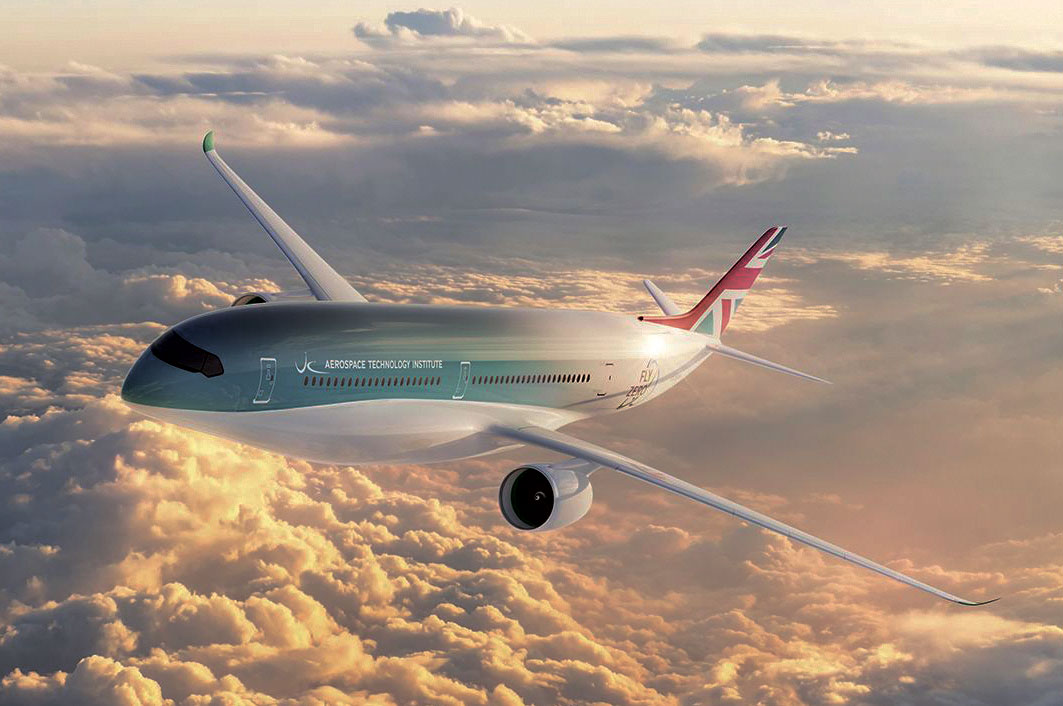 ATI
ATI
James Thompson Well said, Julian. Completely agree. It’s still a torrid time for the UK aviation industry with very very little support from the UK government. What will the next two years bring? Hopefully, it’s better than the last two.
Afaq Choudary This is great news! I have just started my final year research into the sustainability of the aviation/ aerospace industry. Will be really beneficial for me to include this in my research.
Leslie Blankley This is great news, and I am a little surprised by the result. Of course, it is difficult at this moment in time but the aviation revolution has been set-off and we are going to see dramatic changes in the near future. I firmly believe that this is the turning point to a greener future. The industry and the institutions are actively working to enhance this development!
Jon Pugh The real issue here is how the liquid hydrogen is produced.
Sweyn Alsop ‘The new concept aircraft, revealed by Aerospace Technology Institute, will be powered by liquid hydrogen, capable of flying 279 passengers halfway around the world non-stop!’ No, it really won’t.
Rick Stuart Lol we’ll never fly on it mate! Damien McCormack It already exists. The Airbus Zephyr. One minor drawback. It’s not a passenger aircraft.
@HarvSmyth [On UK Defence Space Strategy(3) ] This is the best and most accurate assessment of @DefenceHQ’s new Defence Space Strategy posted to Twitter thus far.
@OwensRayna Progress even slower than one would like but still progress.
@BenSharpUK I agree the DSS is a welcome way forward and a useful, formal capture of the great initiatives that have been under way for a few years, along with signs of strong promise for the future.
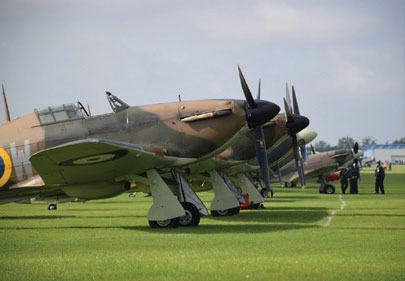 Tim Robinson/RAeS
Tim Robinson/RAeS
@GazTheJourno [On Flying Legends 2022 cancelled again] I thought they were moving to Sywell. Sad news.
@DanBratton2020 Ah, that’s a shame. I’m still hopeful one day they’ll patch it up with IWM.
@Capn_Tom [On Chinese satellite grapples another out of orbit] When we develop the technology, it’s to clear up space junk and a good thing. When someone else does it, it’s a sinister military development.
Vertical Aerospace
@MehdiAsareh [On Vertical Dreams(4) ] Really interesting article. Researching new battery chemistry to improve performance as a goal beyond certification campaign.
@Nascohornet [On MoD buys Dassault Falcons for VIP role] So sad we have no UK bizjet industry to buy from.
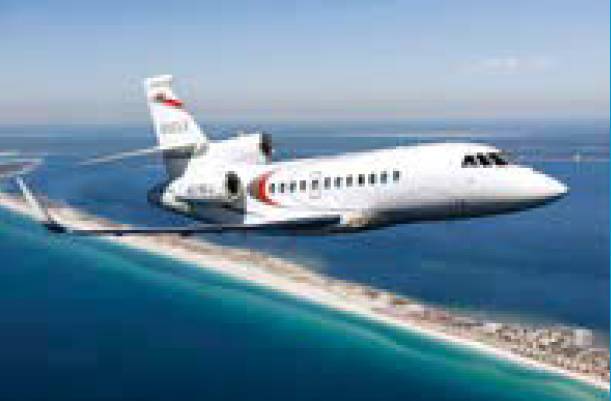 Dassault Falcon 900LX business jet. Dassault@CR940 Even if we did, the MoD would still buy from abroad, soaking up foreign subsidised exports as ‘good value’. MoD doesn’t care a jot about this country, all it wants is the minimum bidder price (which they inflate later when ‘adding value’) and blame-free comfy jobs for life.
Dassault Falcon 900LX business jet. Dassault@CR940 Even if we did, the MoD would still buy from abroad, soaking up foreign subsidised exports as ‘good value’. MoD doesn’t care a jot about this country, all it wants is the minimum bidder price (which they inflate later when ‘adding value’) and blame-free comfy jobs for life.
@FauteuilColbert I don’t know the scope of this programme but I’m surprised by the choice of a trijet, whereas a more recent Falcon 2000, inevitably more expensive to acquire, very probably has lower operating costs.
@ContainerDave Does not Bombardier facilities in Northern Ireland play an important role in the production of the fuselage for the Learjet 40 and Learjet 45?
@JamesJDDG Well done @centreline for winning that contract!
@andruwins Three-engine business jets are surely not efficient. Gulfstream would have been the way to go.
@InfoAeroQuebec Very sad decision from a country which had split from Europe. Gulfstream G500 or G600 would have been a nicer choice to carry the Royal Family.
@RichardDeCRep [On Inconvenient truths – decline in safety reporting(5) ] Air safety organisations should publish a historical table of the percentage number of ASIRs per flight. This data would give an insight into error rates before and after Covid and whether pilots are reluctant to report safety issues.
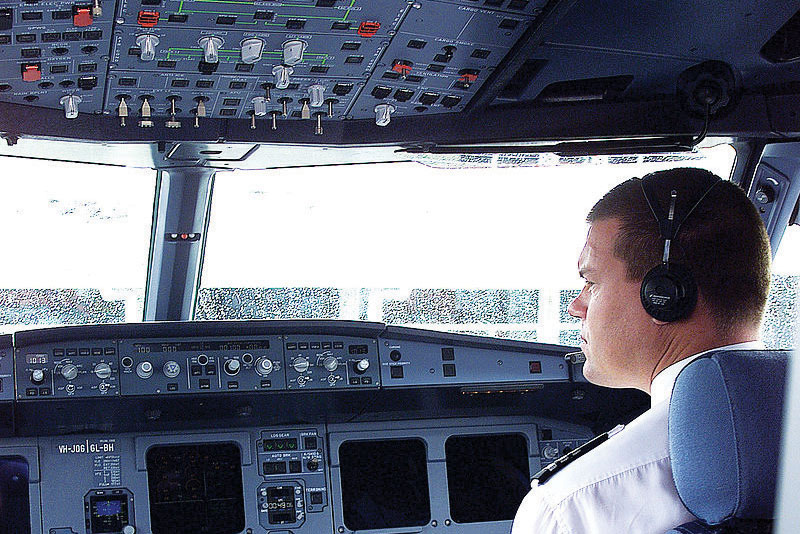 JetStar Airlines
JetStar Airlines
@DavidLearmount I think the reduction of voluntary reporting is a symptom, not the cause. But if the symptom persists for long enough, it will become a cause. Meanwhile, the problem causing the symptom is pandemic-related pilot job insecurity. Lack of flying currency is the immediate risk.
@DrStevenKinnear Depends on what has caused the reduced reporting. If it’s reduced errors, that’s good. Maybe many returning to flying/operations are being more vigilant, cognisant of the increased risk of being temporarily deskilled or inexperienced? Not necessarily intuitive.
@len_dent The airline industry has been held up as the paragons of safety and at the forefront of human factors research – worryingly the same concerns about blame and job security that plagues healthcare safety reporting are returning to the aviation sector.
@markjonesjr Lack of voluntary reporting will never be the cause. There is no reasonable argument that could ever link the two. The probability of a fatal accident is non zero, so any conjectures suggesting one could look prophetic when it happens.
@nailldowney Scary! Our aviation safety record is based on the foundation of a Just Culture and an open reporting environment as we regularly share with our healthcare colleagues. Jeopardising this would have serious repercussions for the industry and our approach to error.
@Enceladust The article attributes a decline in reporting of ‘actual safety incidents’ to pilots’ fear of getting sacked. It’s an accusation of unethical (and possibly illegal) behaviour by pilots with no logical foundation.
---
1. AEROSPACE, November 2021, Remote control
2. AEROSPACE, January 2022, Powering a net zero future
3. https://www.aerosociety.com/news/uk-defence-space-strategy-finally-blasts-off/
4. AEROSPACE, February 2022, Vertical dreams are made of these

